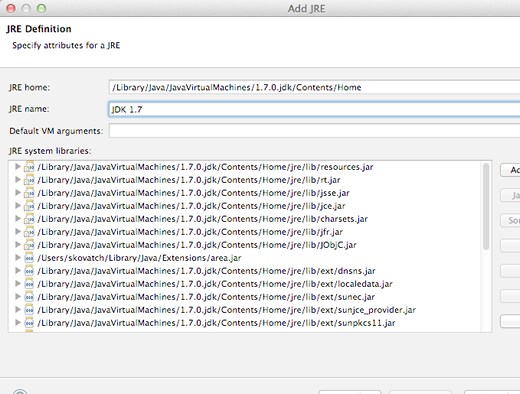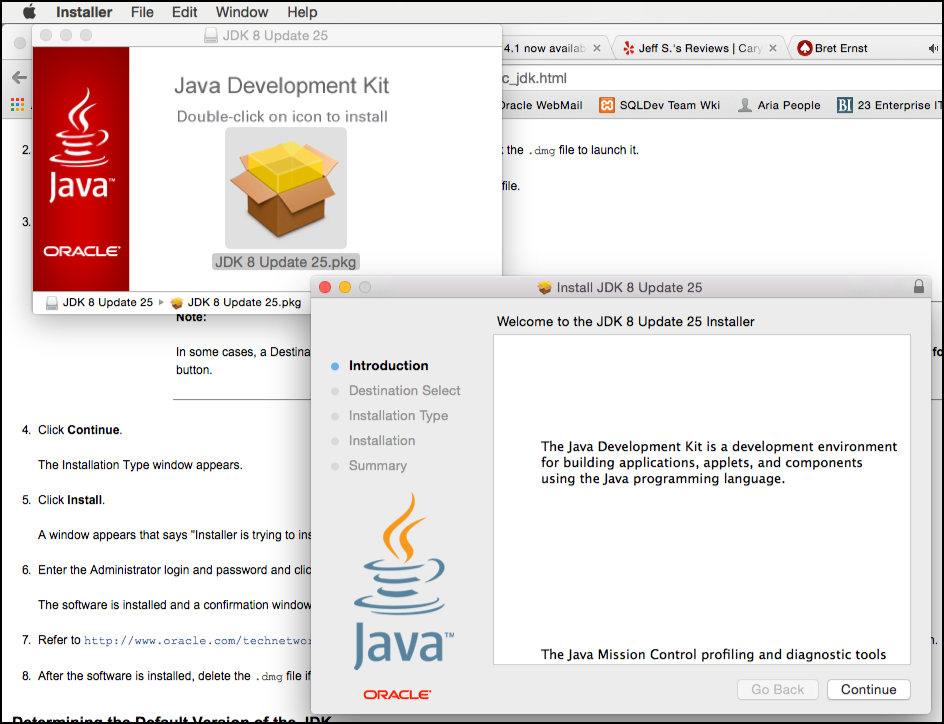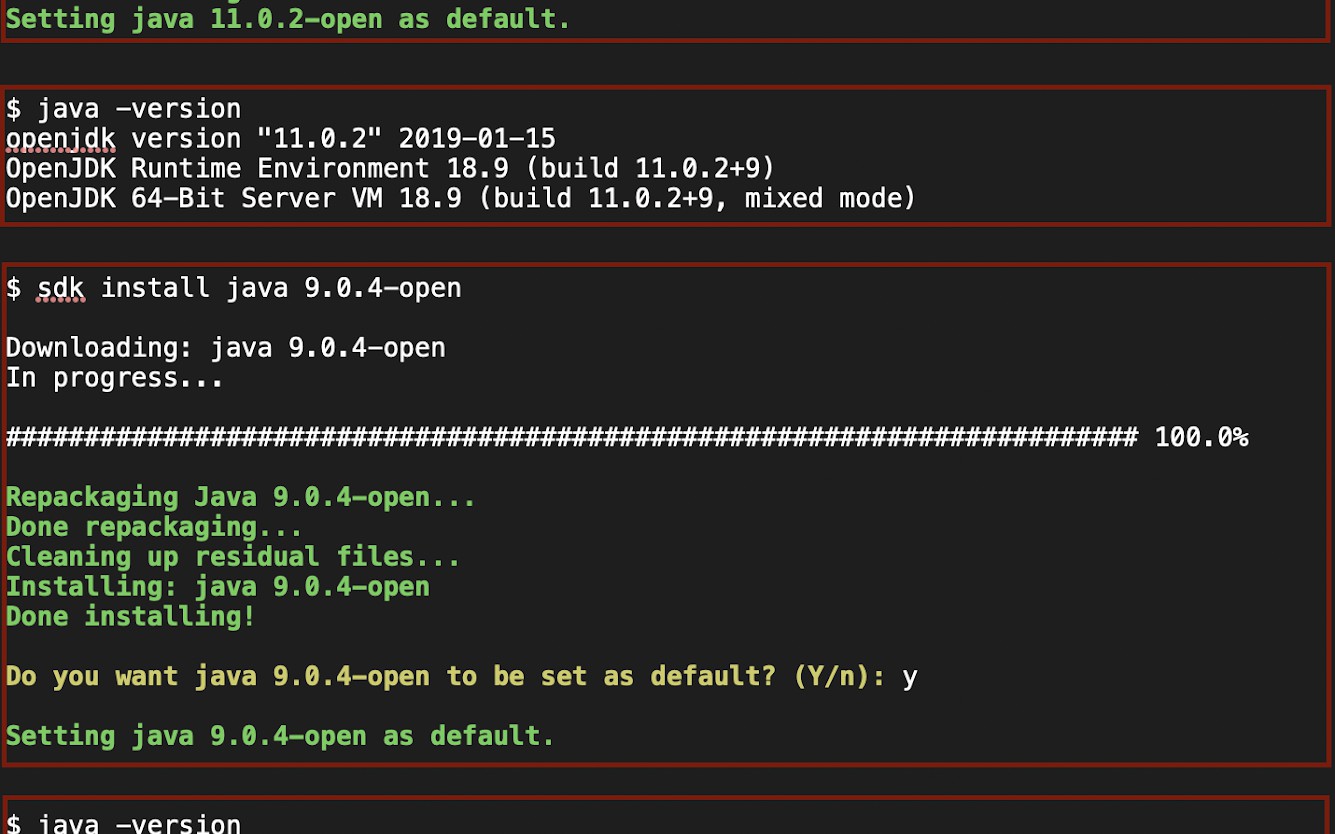
- #Find java jdk on mac how to#
- #Find java jdk on mac mac os x#
- #Find java jdk on mac archive#
- #Find java jdk on mac download#
If you're asked whether you want to open it, of course you do click Open. You'll see an item named Eclipse if you like, drag its icon into the dock so that you'll be able to launch Eclipse easily. Open your Applications folder, and then open the eclipse folder. If you don't see Applications, then open a new window for Applications (from the Finder, command-shift-A), and drag the eclipse folder into Applications. When you open your Downloads folder, if you see Applications under the Favorites on the left side of the window, you should drag the eclipse folder into Applications. When that's done, you should see a folder named eclipse in your Downloads folder.
#Find java jdk on mac download#
You should not feel compelled to donate.Īfter the download completes, folders should automatically expand.

A common way to check JDK version is by using the following simple command to find out the version of the.

class to machine code, and execute it, in short, the JRE runs Java program. If the system does not have Java, there will be a prompt asking for installing a JDK. The Java development kit (JDK) contains tools for Java development, and the Java Runtime Environment (JRE) contains a JVM to convert byte code.
#Find java jdk on mac archive#
If asked, click on "Open with Archive Utility (default)" and then click OK. This will tell you if your system already has Java installed. If your JDK was installed using Homebrew or MacPorts, please uninstall your JDK using the same way.Click on the yellow download button. Or $ cd /Library/Java/JavaVirtualMachines $ sudo rm -rf /Library/Java/JavaVirtualMachines/jdk1.7.0_79.jdk If you decide to remove a JDK version, just simply delete its installation folder. export JAVA_HOME=`/usr/libexec/java_home -v 1.8` Java HotSpot(TM) 64-Bit Server VM (build 25.121-b13, mixed mode)Īppending following line to your ~/.profile file will switch system's JDK to 1.8 version. Java(TM) SE Runtime Environment (build 1.8.0_121-b13)

#Find java jdk on mac how to#
As I’m writing this, Java 11.0.4 is the latest version and AdoptOpenJDK is one of the best places to find Prebuilt OpenJDK Binaries.Easy to follow details about how to install OpenJDK are available here. Terminal /usr/libexec/javahome /Library/Java/JavaVirtualMachines/jdk-16.jdk/Contents/Home 2.2 Also, find all installed JDKs.
#Find java jdk on mac mac os x#
What is /usr/libexec/javahome 2.1 On Mac OS X 10.5 or later, we can use /usr/libexec/javahome to return the location of the default JDK. Using java -version or javac -version to show the JDK version used by system. Since OS X 10.7 Java is not (pre-)installed anymore, let’s fix that. Find out which macOS your Mac is using 2. research papers and assorted things of interest related to the Java programming language NO programming help, NO learning Java related questions, NO installing or downloading Java questions, NO JVM languages - Exclusively Java 247k. $ cd /Library/Java/JavaVirtualMachinesģ How to check which JDK version is currently used by Mac OS reinstalled JDK 8 once more, and now it works Thank you all :). Library/Java/JavaVirtualMachines/jdk1.8.0_121.jdk/Contents/HomeĪbove java_home -v command has already told you where JDKs were installed. Output after executing above command may be similar with following text, which means there was two versions of JDK installed, 1.8.0_121 and 1.7.0_79.

The java_home -v command will list all JDKs already installed in your Mac OS. Scroll down and click on 'System Preferences.' 3. Click on the Apple logo in the top-left of your menu bar. Tips on how to uninstall JDK or Java SE in Mac OS X.ġ How to see JDK versions already installed How to check the Java version on your Mac using System Preferences.


 0 kommentar(er)
0 kommentar(er)
